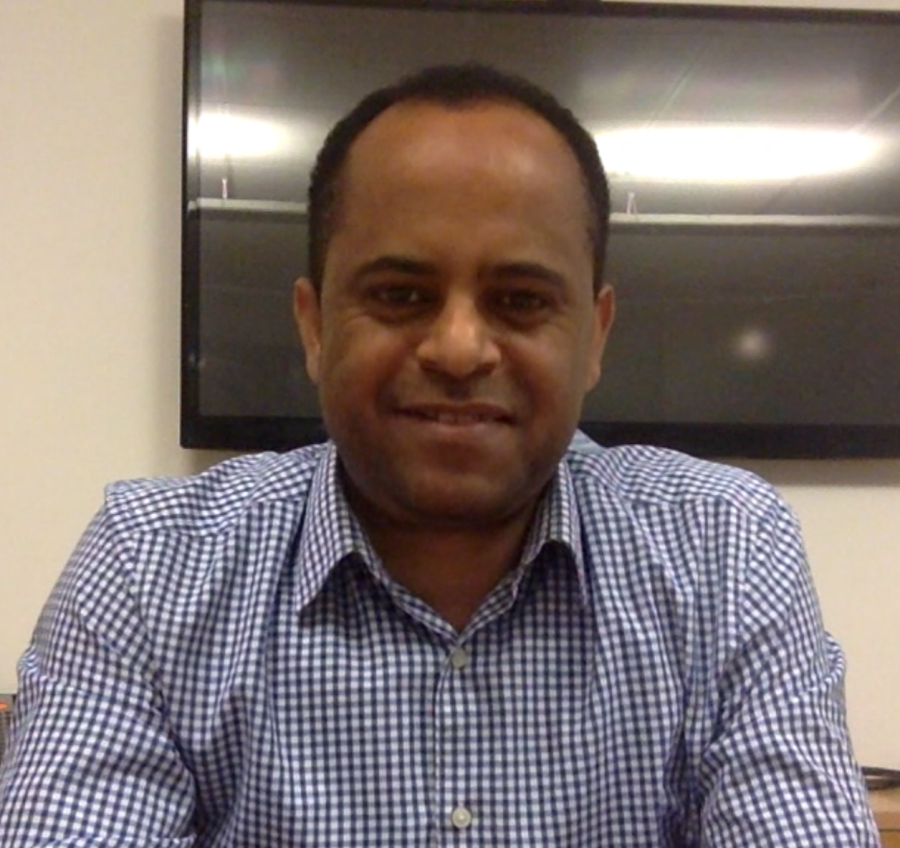
1. Your research involves understanding how malaria parasites escape detection, how does malaria become invisible to diagnosis and what is the impact of this intriguing phenomenon on health in Africa?
Malaria rapid diagnostic tests (mRDT) detect antigens released in the blood of a person infected with Plasmodium falciparum – the deadliest malaria parasite. One of the antigens detected by mRDT is a protein called HRP, which is coded by histidine-rich protein 2 and 3 genes (hrp2/3). HRP-based mRDTs are the most sensitive and the most widely used mRDTs , particularly in Africa. However, P. falciparum parasites with the deletion of hrp2/3 have emerged in South America, South East Asia and Africa. Since the parasites do not produce HRP antigens, the antibody in the mRDT card cannot detect the protein, giving false negative result. This biological threat is essentially diagnostic resistance, and can potentially lead to misdiagnoses and causes problems in malaria case management, particularly in remote areas where mRDT is the only diagnostic tool available. If patients are not treated based on presumptive treatment, this biological threat can cause an increase in malaria mortality and morbidity by disrupting the existing control programmes such as test and treat, as well as early diagnosis and prompt treatment polices.
2. How does development of molecular tools help in identifying parasites escaping rapid detection tests?
Molecular tools play an important role in identifying the malaria variants with the deletion of hrp2/3 genes. In addition to hrp2/3 deletion, false negative RDT results can be caused by many factors such as device-related storage and shipment issues, and parasite-related factors such as low parasite density. One way of confirming if the false negative RDT result is caused by of absence of the HRP antigen is to verify the absence of hrp2/3 genes in the P. falciparum. There are molecular tools designed for this purpose. Our lab has developed such molecular tool to rapidly and sensitively detect the deletions. The molecular tool is being used by several of our partners and collaborators in endemic countries for surveillance of the diagnostic resistance to inform diagnostic policy.
3. In your opinion, will the introduction of a malaria vaccine contribute to a decrease in antimicrobial resistance in malaria?
The short answer is we do not know. We are now in a race to understand what the fitness cost of the deletion to the parasite is, and the implication on malaria control efforts. Reducing the malaria burden using any control interventions, including vaccines, will certainly play a role in reducing the transmission of parasite population carrying the deletions as well as drug resistance markers.
4. How does your research contribute to combat antimicrobial resistance in malaria?
Our lab designs fit-for-purpose molecular tools to combat both diagnostic and drug resistance in P. falciparum. We also investigate and map the geographical distribution to track spread of the resistant variants to inform control strategies. We closely work with WHO and other partners in Africa to assess the impact of the resistant variants on diagnostic performance and efficacy of antimalarial drugs.
5. As an experienced scientist in infection biology, what message would you like to give to junior researcher aspiring to work on AMR?
- Start learning the basics and think of failure as experience. Experiment your idea, fail, learn, and repeat.
- Be patient and persistent - AMR is a complex and challenging field, and it takes time to make progress. Don't get discouraged if you don't see results immediately.
- Be open to feedback - AMR is a rapidly evolving field, and there is always new information to learn from your mentors and colleagues.
- Be creative - there is no one right way to solve a scientific problem, including AMR.
- Do not be afraid to ask for help – find the right mentor/supervisor that not only supports you scientifically, but also cares about you as a human being.
If you enjoyed this article and would like to build a career in global health, we offer a range of MSc programmes covering health and data, infectious and tropical diseases, population health, and public health and policy.
Available on campus or online, including flexible study that works around your work and home life, be part of a global community at the UK's no.1 public health university.
